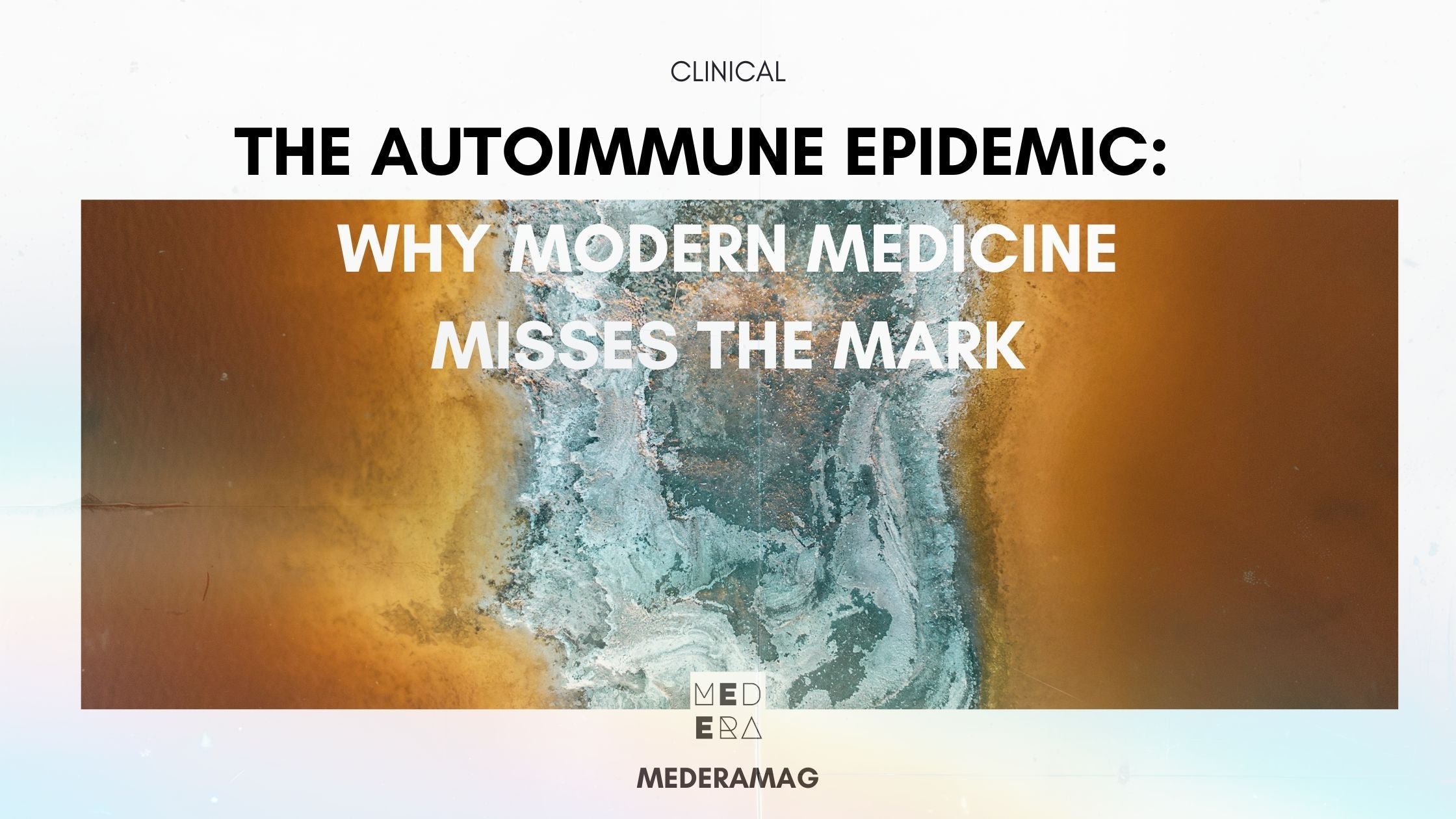
The Autoimmune Epidemic: Why Modern Medicine Misses the Mark (And What You Can Do About It)
Why are we in an autoimmune epidemic? I’m not the one who coined that term. The sharp rise in autoimmunity over the last decade is being treated like an epidemic of the Western world. Over 5% of the Australian population is affected by autoimmune disease — and here’s the kicker. Around 80% of them are women. Autoimmune and allergic diseases are the fastest growing diseases in Australia right now, and their prevalence has surpassed heart disease.
What this tells me is that:
- Genetics are not the only cause. While modern medicine often likes to blame genetics for autoimmunity, we know that genetics simply don’t change at the rate that we are seeing autoimmunity increase.
- Modern medicine is missing the mark when it comes to diagnostics and treatment.
- Something in our environment is triggering the sharp increase in autoimmunity.
Unfortunately, conventional treatments for autoimmune disease fall short of what patients need. Common answers from conventional medicine include immunosuppressants and steroidal anti-inflammatories. It is treated as a lifelong condition that requires lifelong management. It does not begin to address the possible causes of the immune trigger in the first place.
Here’s the thing: autoimmunity isn’t a mistake. It’s a message — from your body.
The real problem with the current model of autoimmunity.

Modern medicine is phenomenal at acute care. It can replace joints, keep people alive in anaphylaxis, and save lives every single day. But when it comes to chronic, complex immune dysfunction, the system is struggling.
Because most autoimmune treatments today focus on shutting down the immune system — not understanding why it's disregulated in the first place.
What’s missing?
-
No investigation of underlying triggers or causes
-
No conversation about chronic inflammation and what causes it
-
No questions about past infections, trauma, toxic exposure, or mitochondrial dysfunction
-
And almost no recognition that the immune system is highly adaptable and trainable
And this is why so many people with autoimmune disease are told that they are likely to develop another autoimmune disease. Because very few doctors are using systems biology, treating the root cause, and removing the autoimmune trigger.
What autoimmunity actually is.
Autoimmune disease happens when the immune system loses tolerance — the ability to distinguish between self and not-self. It starts reacting to your own tissues like they’re invaders.
But the immune system doesn’t just do this randomly.
There are a lot of potential causes for autoimmunity, but some of the reasons the immune system might behave like this is:
-
The gut barrier is compromised (leaky gut)
-
The immune system is inflamed and overwhelmed
-
The nervous system is stuck in fight-or-flight
-
There’s been chronic low-grade exposure to toxins, infections, or trauma
And if you just suppress that reaction without addressing the why — it’s like hitting snooze on a fire alarm while the building still smoulders.
What if the body isn't attacking itself — but responding intelligently to damage?

You did not wake up with an autoimmune disease overnight. At some point, an immune alarm was set off, whether by environmental toxins, through a leaky gut, or from chronically elevated cortisol — and it was never turned off. When this reaction is never turned off, the immune system can become confused.
When toxins or immune triggers closely resemble human tissues, the immune system can accidentally mistaken those tissues for pathogens. It then forms a memory for those tissues, and continues to attack them. Herein lies the issue with autoimmunity.
My approach is never to switch off the immune system. It’s an important part of the human body that as I’ve just described, is highly trainable. It has essentially trained itself to target the body, and it can be trained out of doing so. And the first steps are to remove the immune trigger and heal damaged tissue. When you do this, you can drastically improve symptoms and even reverse autoimmunity.
And yes, it is possible. But not through the modern medical practice of suppression — which is the mechanism of virtually every drug used for the treatment of autoimmune disease.
So where do we go from here?
If you’ve tried medications, specialists, elimination diets, and still feel like no one’s getting to the root — it’s because no one is.
Autoimmunity is complex, but the starting point is simple:
You need someone to look at the full picture.
This is the opposite of what typically happens. If you have rheumatoid arthritis, you see a rheumatologist. If you have Hashimoto’s thyroiditis, you see an endocrinologist. If you have ulcerative colitis, you see a gastroenterologist. But no one is zooming out and saying — the bowel is not the problem. The thyroid is not the problem. The joints are not the problem. The immune system is completely out of whack.
This goes far beyond a diagnosis. Far beyond symptom management. It requires looking at a person’s whole picture — their nutritional deficiencies, lifestyle, diet, and toxin exposure. All of these things play a key role in immune modulation. Without addressing these key issues, the immune system can’t successfully be regulated to respond to threats without attacking self tissues.
Don't mop up the floor — turn off the tap!

Modern medicine is powerful — and it has its place. But it is simply not set up to prevent or reverse chronic autoimmune dysfunction. In fact, most doctors don’t know how to identify a person in the pre-autoimmunity stage. They only know how to mop up the floor once you’ve been diagnosed. And by then, the sink is overflowing and the job is hard.
The trick to reversing, or putting into remission, any autoimmune disease is to turn off the tap. It means you have to find the source. What is triggering that immune reaction? For some people, it will be exposure to environmental toxins such as heavy metals. For others (most), it’s a hyperpermeable intestinal wall.
I don’t claim that naturopathy replaces modern medicine. But it asks the questions that modern medicine doesn’t. It asks the role of environment and nutrition in the pathophysiology of autoimmune disease. It asks the patterns. It investigates the terrain, not just the pathway.
You can get better — this is also something no medical doctor has the courage to tell you. Because they simply don’t know how you can get better.

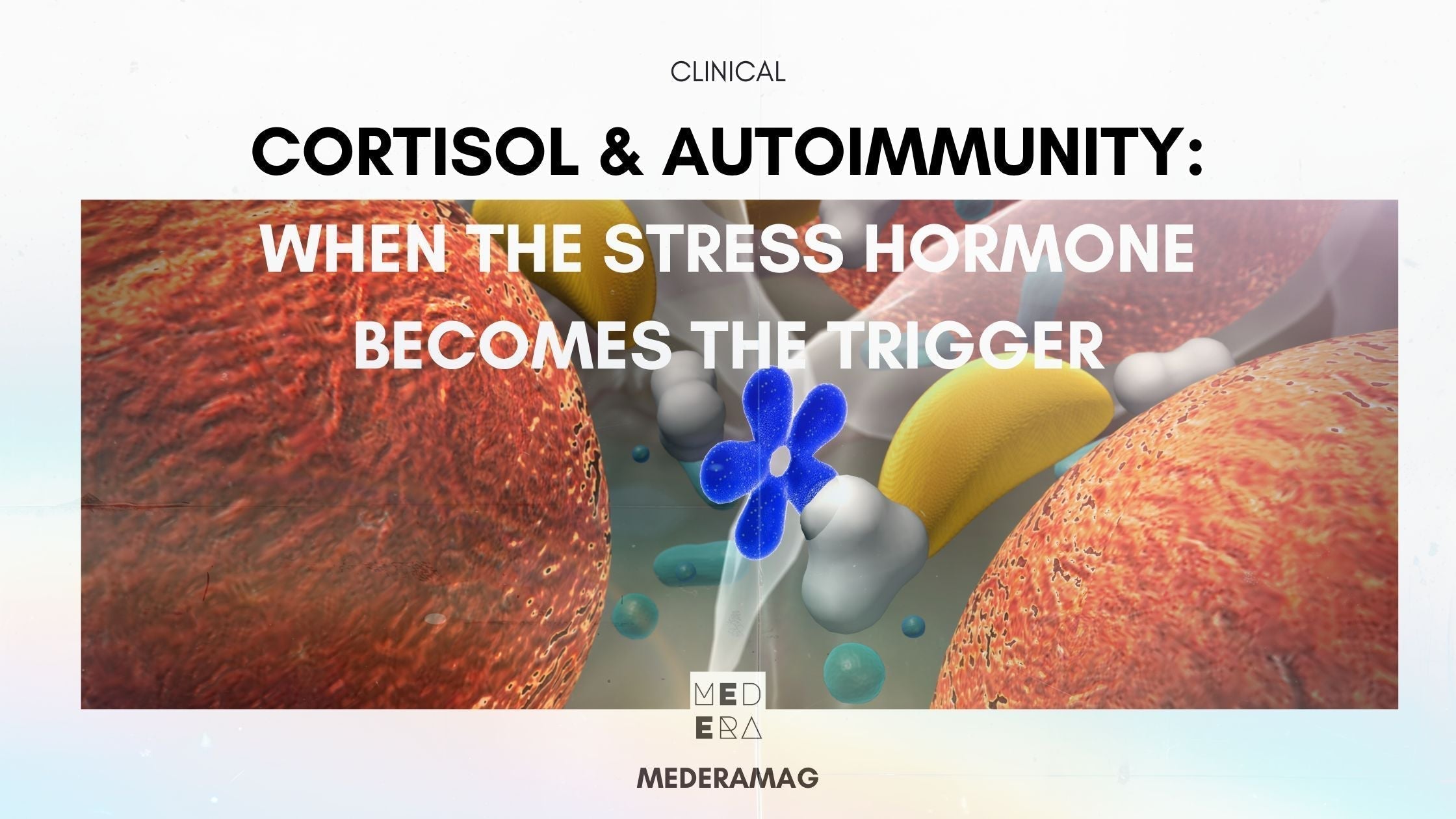


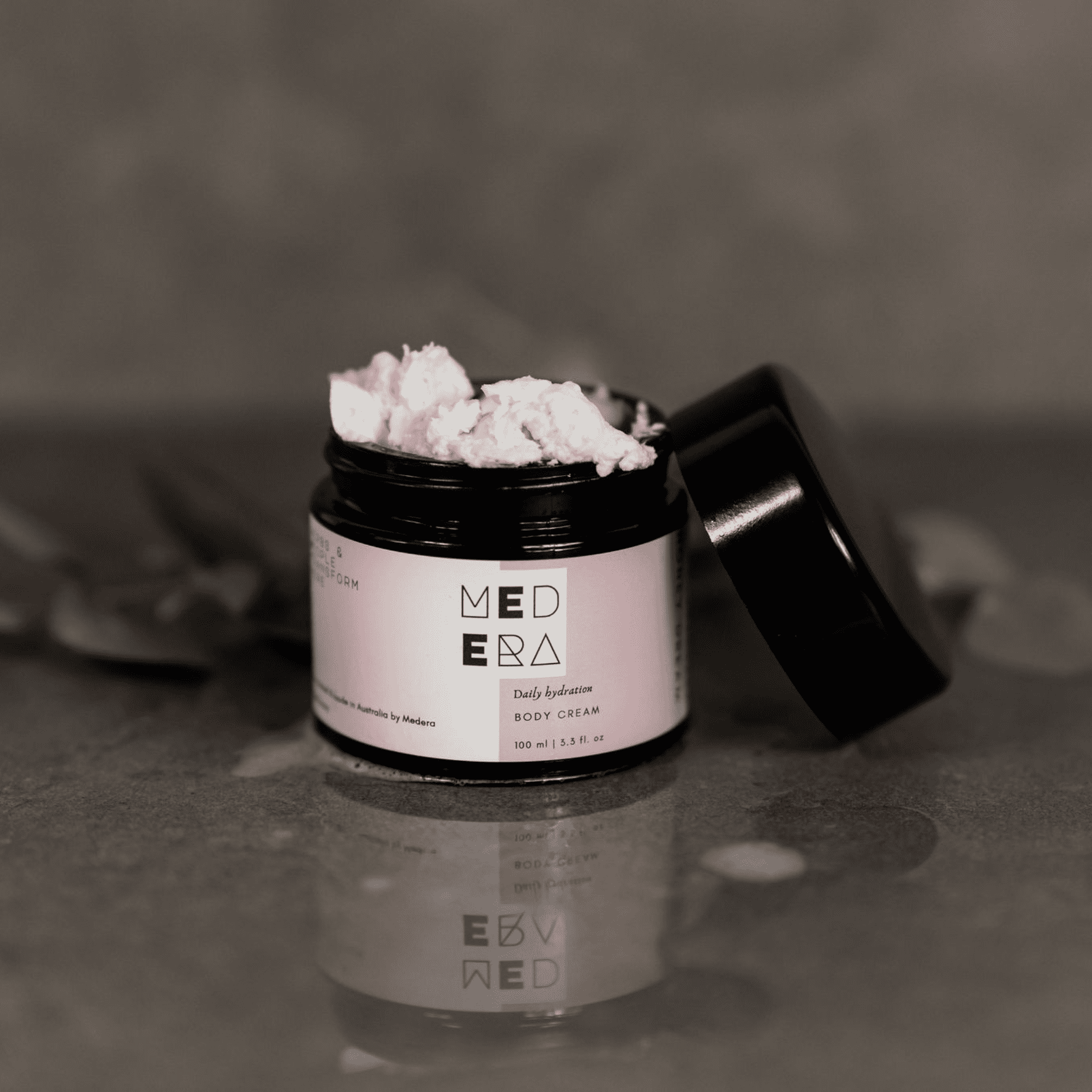






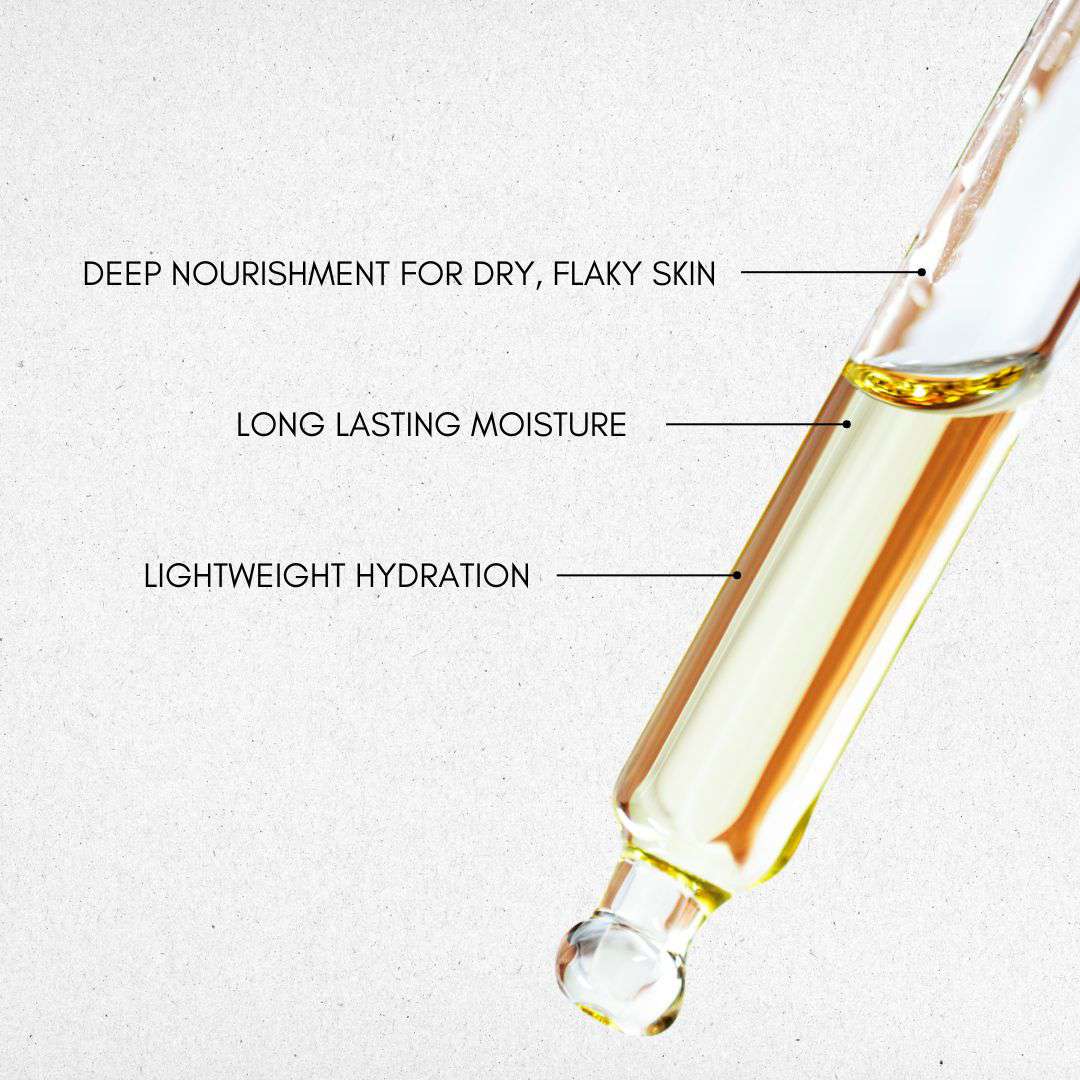

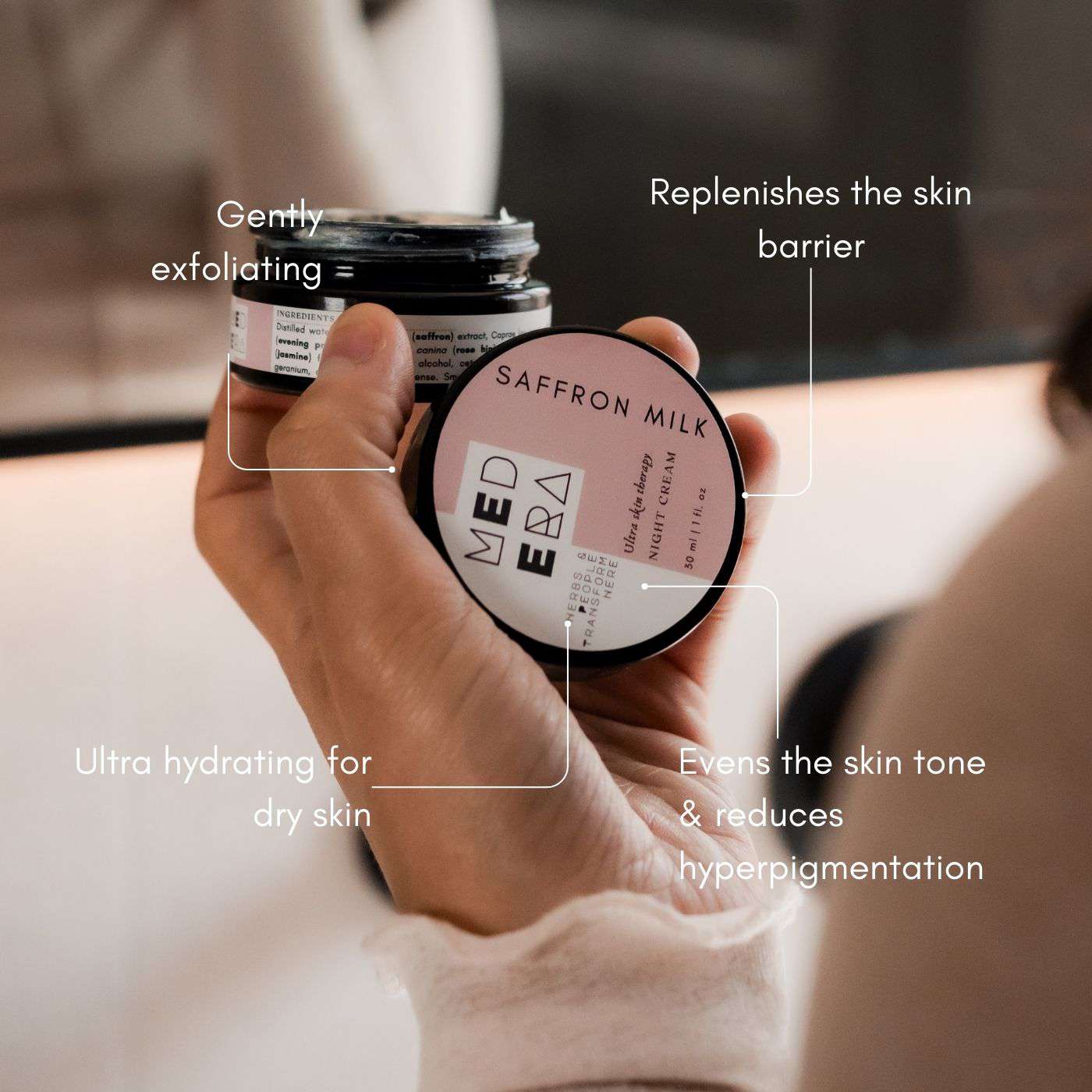
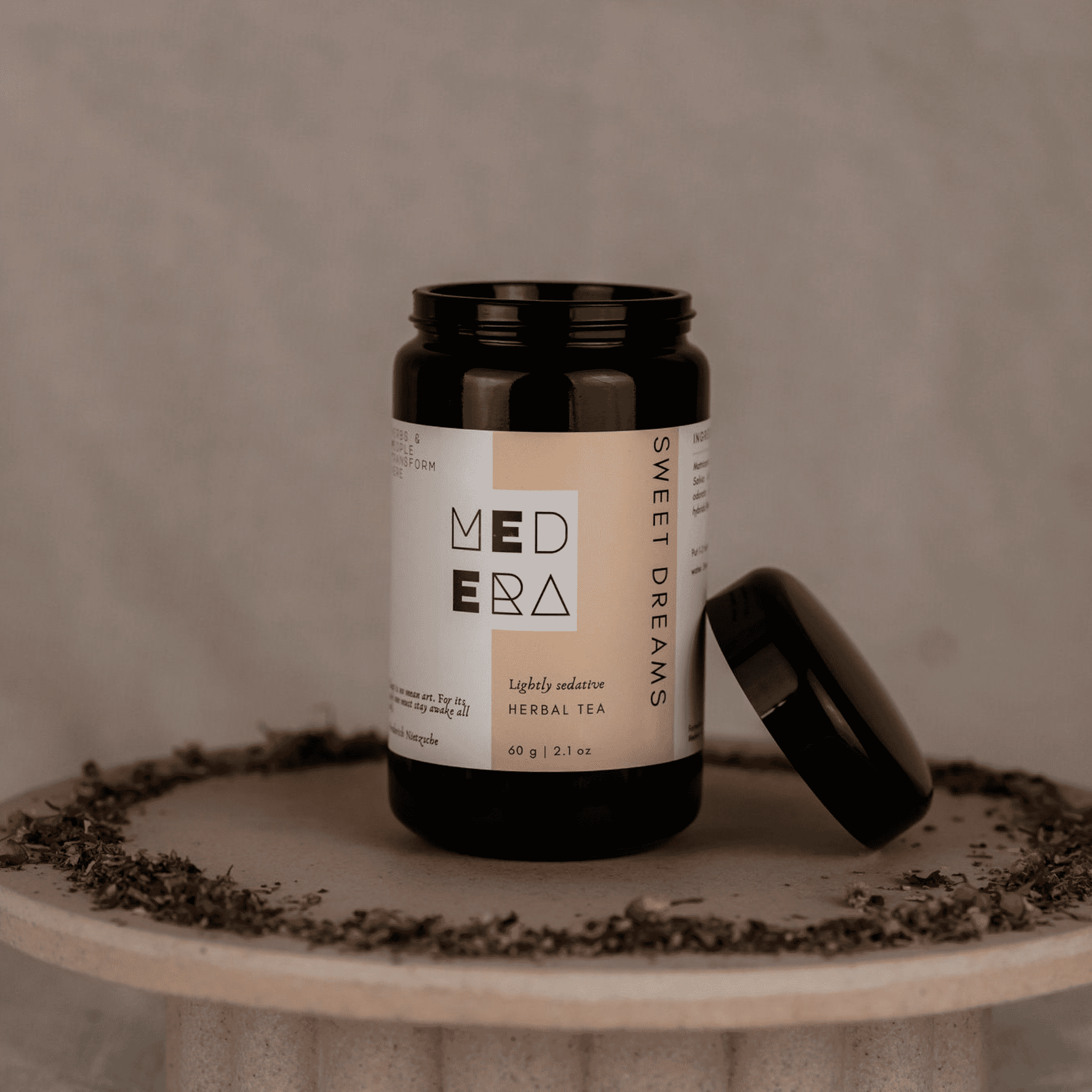



Leave a comment
This site is protected by hCaptcha and the hCaptcha Privacy Policy and Terms of Service apply.